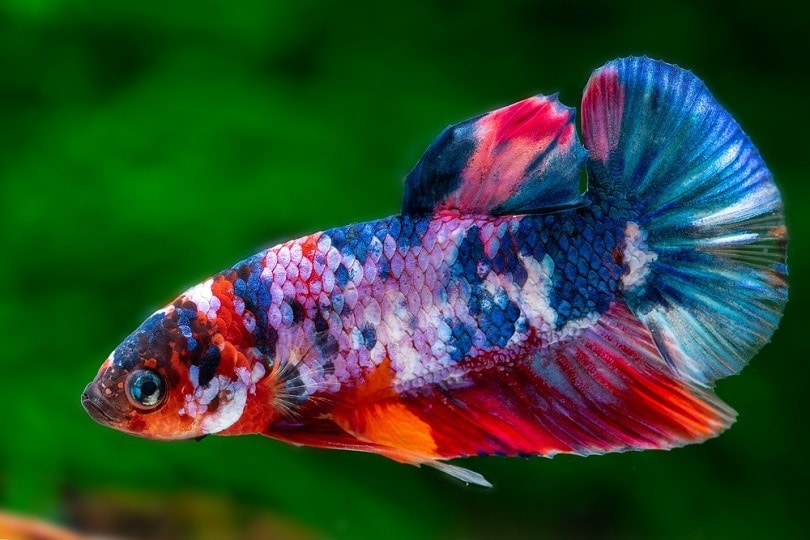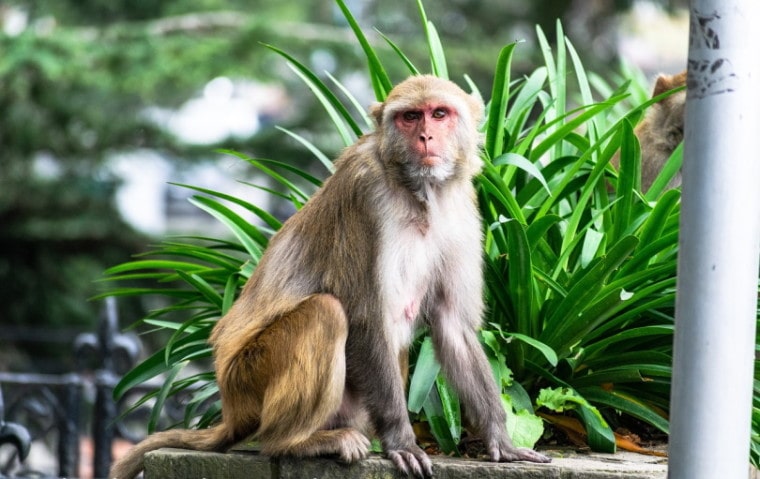
If you watch television, you likely have seen many characters who keep a monkey as a pet, which might have you wondering if it’s a good idea in real life. Unfortunately, owning a monkey is unlikely to go well. Keep reading as we list several reasons that monkeys should never be pets.
The 11 Reasons Why Monkeys Should Never Be Pets
1. Possibly Illegal
Before purchasing a monkey, you will need to check with your local authorities because owning a primate is illegal in more than half the country, and you will need a permit in many of the states that allow it. States that let you own a monkey include Oklahoma, Nebraska, and North Carolina.
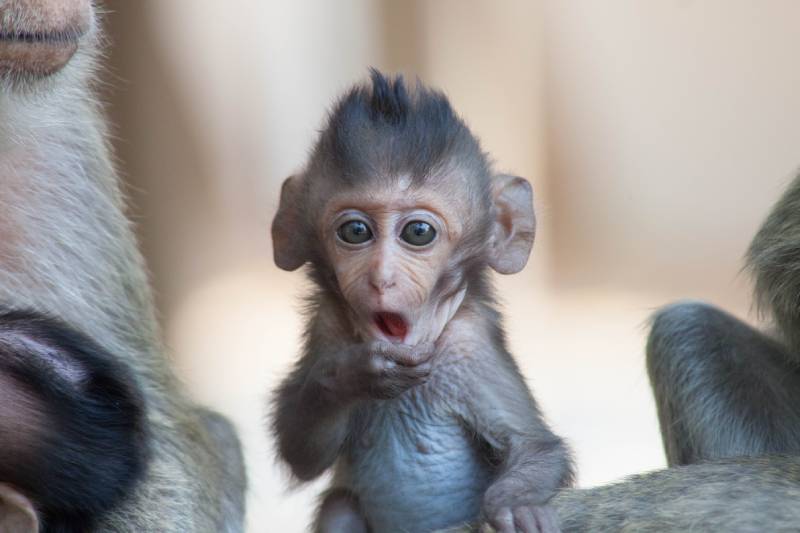
2. Behavioral Issues
Behavioral issues are major concerns when keeping a monkey in your home. These wild animals are difficult to tame; even if they behave for a while, they often return to their wild ways. Many monkeys will throw their excrement or rub it over their body, which is one thing to read about and another to experience! Your monkey will also relieve themselves whenever and wherever they want to, usually in high, hard-to-reach places, like above your cabinets or refrigerator.
3. Habitat
Unfortunately, most monkeys don’t do too well in captivity, even in professional installations, like zoos. These animals need a habitat that provides at least 2,000 square feet of outdoor space with plenty of trees for shade and structures to get out of the rain. The habitat also needs to provide at least 20 feet of vertical space for the monkeys to climb.
Trying to keep a monkey in your home can be dangerous. It has many dangers, from cleaning products that the monkey might drink to wires that could strangle them. Monkeys are also good at escaping, and if they get out of your house, they could threaten the community and even attack a human or pet, which could get both of you in trouble.
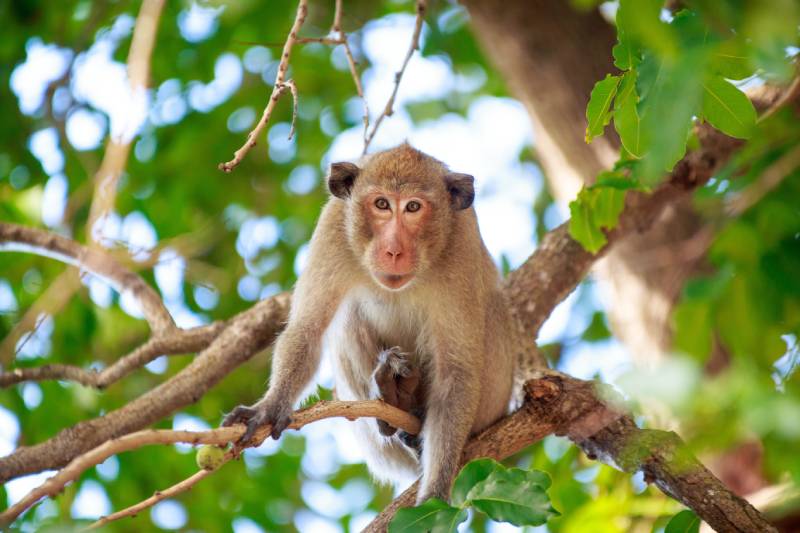
4. Noise
Many monkeys are quite vocal. You can hear certain species, like the Howler Monkey, a mile away, and many other kinds hoot, whistle, and scream, which can be highly disruptive to your neighbors. Also, loud noises from a car backfiring, fireworks, and even a garbage truck can scare the animals, sending them into a frenzy.
5. Emotional Impact
People who sell monkeys as pets often remove them from their mothers before they are ready, which can lead to lifelong problems. Some will engage in purposeless behaviors, like rocking and pacing, while others might turn to self-harm. They can still have difficulty even if you rehome them in a zoo or sanctuary with other monkeys because they won’t know how to communicate with them and could become frightened and hostile.
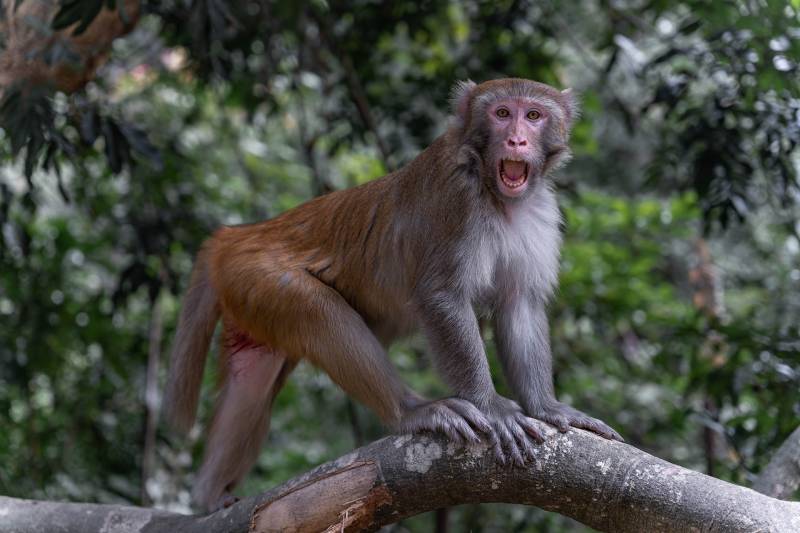
6. Diet
Feeding pet monkeys is quite difficult because they have an extensive diet that is hard to recreate in captivity. Not providing the proper diet can lead to significant health problems and might even shorten your pet’s life expectancy. You can purchase commercial monkey biscuits from specialized zoo animal diet manufacturers, but these need to be added to species-appropriate produce and are not readily available in every store like cat or dog food. This means you would need to have an in-depth understanding of your monkey’s species’ nutritional needs and invest a great deal of time and money into its diet.
7. Disease
Monkeys can carry diseases that can be harmful to humans. One bite or scratch is all it takes for the disease to spread, and monkeys are also vulnerable to human diseases.
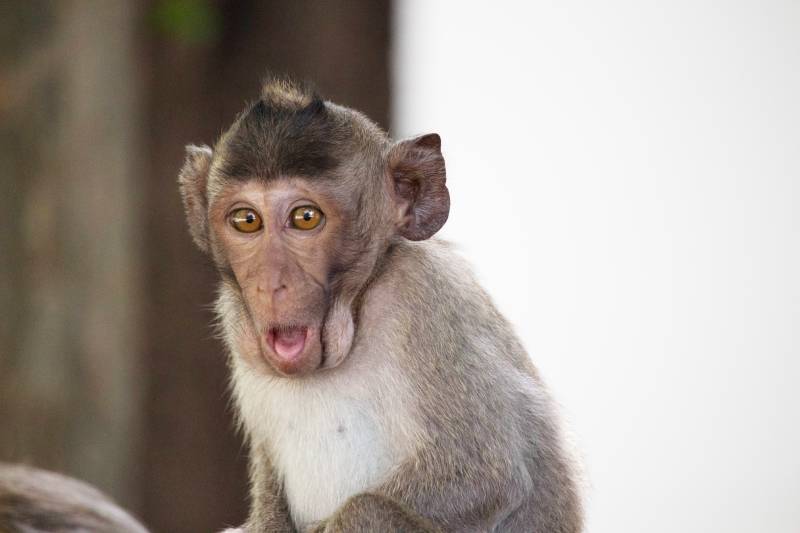
8. Hierarchy
Wild monkeys belong to a hierarchy, and when you keep one as a pet, they often bond with whoever they think is in charge and can become aggressive toward everyone else, attacking them with bites and scratches that will hurt and potentially spread disease.
9. Long Lifespan
Monkeys usually live 20–40 years, which might sound nice, but that’s a long time to care for a wild animal that will likely remain aggressive throughout their life. Since they will usually only bond with their owner, it can be extremely difficult to find ways to care for them if you need to go away for a while or if something happens to you.
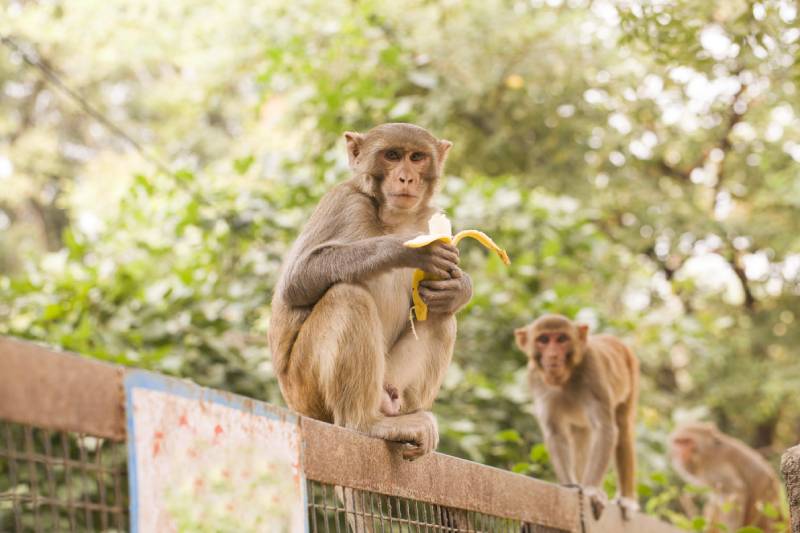
10. Healthcare
Since monkeys are considered exotic animals, it can be extremely difficult to locate a vet who can help you if the monkey gets sick or even to provide routine checkups. Any healthcare you can obtain is likely extremely expensive, costing many times what you might pay for a cat or dog.
11. Supports the Exotic Market
Purchasing a monkey from the exotic market helps keep it in business. People will keep taking these monkeys from their mothers as long as there is a market for them. To make matters worse, many of these monkeys have their canine teeth removed so they can’t bite their owners, among other modifications that will prevent them from living in the wild.
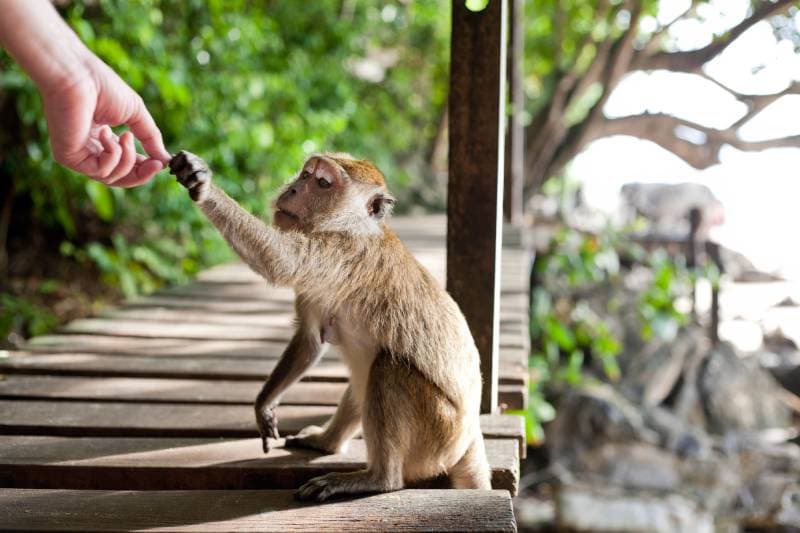
How Else Can I Help Monkeys?
Donating to a primate sanctuary is one of the best ways to support monkeys without keeping one as a pet. The Global Federation of Animal Sanctuaries accredits several sanctuaries, like Born Free USA, that enable you to adopt a monkey remotely and receive regular updates about them. These programs cost as little as $1 per week, and you will help provide food, care, and individual attention. Most of the animals in these sanctuaries were once illegal pets, or their owners could no longer take care of them.
Conclusion
Unfortunately, monkeys do not make good pets. They are illegal in much of the country and require a large habitat that many people can’t provide. Their diet is hard to replicate in captivity, and getting medical attention will be nearly impossible. They are aggressive, noisy, and messy, often become stressed to the point of developing health issues, and can spread disease. They also have a long lifespan, so it can be difficult to find someone to care for them if something happens to you. Virtually adopting a monkey from an accredited primate sanctuary is a better option, as you can provide food and care to monkeys already in captivity.
Featured Image Credit: Rajesh Balouria, Pixabay


